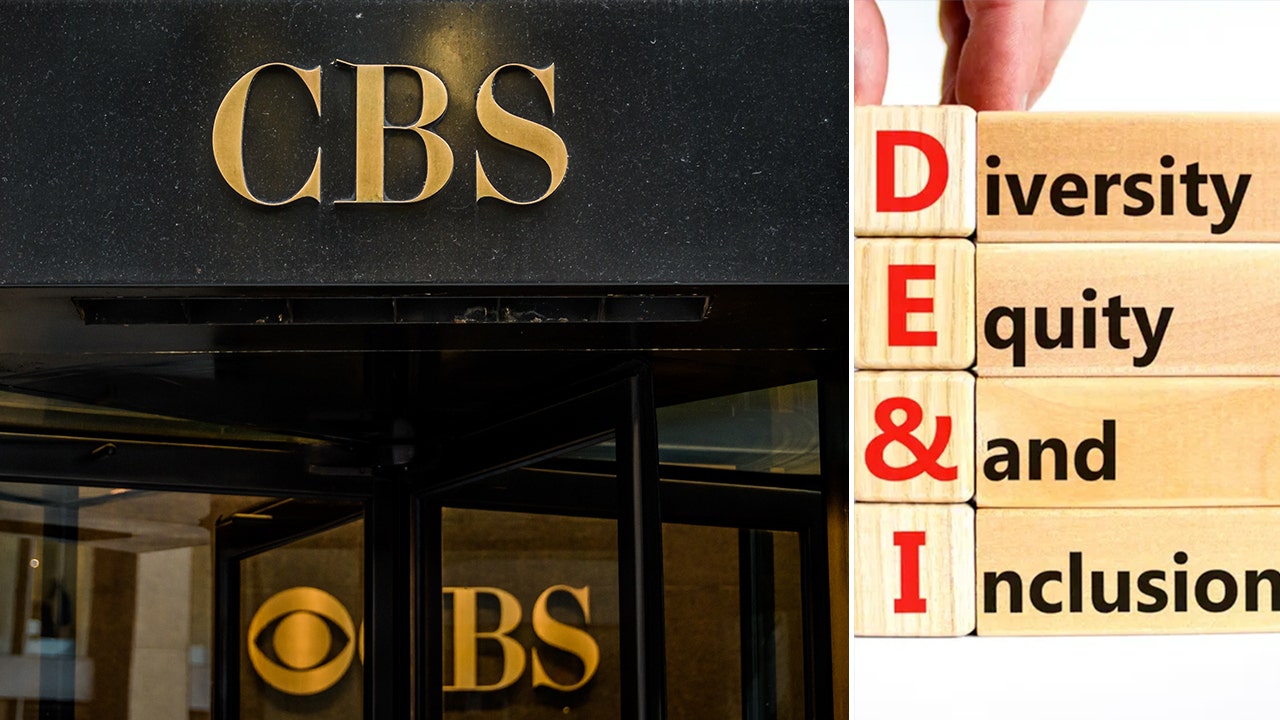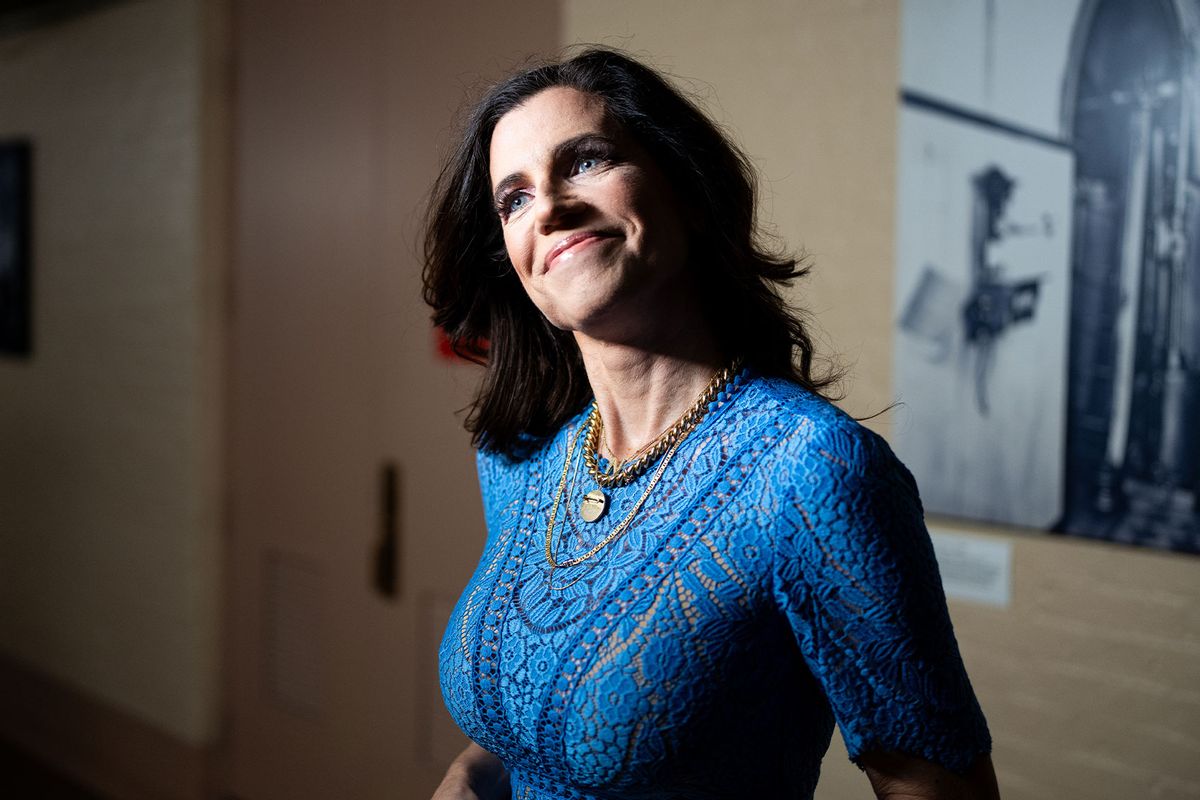Daily life, for better or worse, revolves around having access to the internet, and the Kenyan government wants to assure its citizens that that will not change during the upcoming general election cycle. Kenya’s general elections to elect a new President and members of the National Assembly will take place on August 9 and the race is close and tense. Much of the tension is the result of the outgoing president, Uhuru Kenyatta, throwing his support behind opposition leader Raila Odinga rather than William Ruto, the current deputy president.
Waves of disinformation pushed by paid social media influencers have been a growing concern in the run-up to elections that some experts worry could lead to violent eruptions. The country is still haunted by clashes during the 2007 elections that left over 1,000 people dead and hundreds of thousands displaced. Kenya’s National Cohesion and Integration Commission (NCIC), set up in the wake of the violence 15 years ago, rates the likelihood of electoral violence as just about “medium high risk,” while in Nairobi County, home to the capital city, the risk of violence is considered to be “very high.”
While access to digital resources has grown exponentially, studies suggest that the political conversation online in Kenya is often toxic, particularly on TikTok. Research by Mozilla Foundation fellow Odanga Madung shows that “hate speech, incitement against communities, and synthetic and manipulated content…is both present and spreading on the platform.” TikTok, the report argues, needs to do more to implement its own rules on objectionable and inflammatory content. Kenya is one of the few countries in the region that has not deliberately shut down the internet. According to a report from Access Now, 12 countries in Africa had shut down the internet 19 times last year. “Elections and protests are common spurs for shutdowns in Africa and around the world,” noted the report, “as authorities use them to assert or maintain control of populations, to the detriment of citizens’ fundamental rights and democratic freedoms.” If Kenya has been circumspect, neighboring countries like Tanzania, Uganda and Ethiopia have blocked the internet during past elections and moments of civil unrest over the last two years. And just last month, Sudan’s military government shut down the internet in capital city Khartoum, as thousands protested junta rule.
Kenya’s Interior Minister, Dr. Fred Matiangi, assured the public earlier this month that the elections will be free and open and that there would be no internet shutdowns to stifle conversation and debate. Of course, internet shutdowns are not just about access to information, they can also have disastrous economic consequences. Bridget Andere, an Africa Policy Analyst at Access Now, told me, “Private businesses and individuals need the internet, and so when the internet is shut down, it affects the economy directly.”
But, as Madung points out in his report for the Mozilla Foundation, in “an election season, synthetic content can spread with disastrous effects. It often erodes the public’s sense of trust in the news — or even the very idea of truth — upon which an informed electorate depends.”
IN GLOBAL NEWS:
Speaking in Lugano, Switzerland, Mykhailo Fedorov, Vice Prime Minister of Ukraine and Minister of Digital Transformation, described a near future in which nearly every necessary government service might be remotely accessed. Fedorov argued that bureaucrats could be replaced by apps. “Digital services,” he said, “cannot be destroyed by missiles, especially if you store data on Amazon or Microsoft.” In less tech-savvy countries than Ukraine, such a transformation might be decades away, but analysts suggest the urgency brought on by Russian aggression makes such large-scale digitization a priority. Reports show that Ukraine’s lucrative information technology sector has held up well despite the war, with export revenue in the first quarter of 2022 up to $2 billion, a 25% year-on-year rise. Before the war, Ukraine’s IT services exports garnered about $5 billion in annual revenue and life in a warzone appears to have barely impacted productivity. That said, there has been an exodus of Ukrainian professionals to such countries as Poland, Germany, the Netherlands, Spain and the Czech Republic. Tens of thousands of techies have also flooded into parts of Ukraine relatively insulated from Russian attacks, though as the war grinds on for months, possibly years, can Fedorov’s plan for a digital future stave off inevitable decline?
Italy has become the latest country to claim Google Analytics is violating European data protection laws. Countries, including Austria, France, and the Netherlands, have argued that the data collected can be viewed by third parties in the United States and is used for marketing purposes and even intelligence gathering. How big tech companies store and use data is of increasing concern to governments across the world. In the United States, a Republican member of the Federal Communications Commission said Apple and Google should remove TikTok from their app stores because a TikTok executive had admitted that employees in China had access to U.S. users’ data. In the United States, more analysts are demanding that tech companies delete data that can be used to track users’ habits, preferences and movements. Perhaps European regulators will lead the way in circumscribing tech companies through the Digital Markets Act and Digital Services Act, legislation that seeks to force companies to be more responsible when it comes to both content moderation and the use of personal data.
Twitter has decided to fight the Indian government’s demands to take down tweets and block individual accounts in the Karnataka High Court. Social media giants, including WhatsApp, have claimed that the Indian government is too restrictive and misuses its powers to attempt to silence political speech. While the relationship with the Indian government has been occasionally confrontational, it is also true that the BJP — the party in government — and its supporters dominate social media discourse in India. Google Transparency reports show that the Indian government is among the most trigger-happy, frequently resorting to legal demands that content be removed. At the same time, reports in the global media have suggested that Indian executives at companies like Facebook have permitted BJP legislators to get away with hate speech.
WHAT WE’RE READING:
- Since the now suspended BJP spokesperson Nupur Sharma entered into an intemperate, eventually nasty, debate on an Indian news channel and was accused of making insulting references to the Prophet Muhammad back in May, India has been in the grip of a roiling anger. This article in Time magazine created mayhem on social media in India as supporters of Hindutva tried to defend the use of ‘Hindu Lives Matter’ as a response to the gruesome murder of a Hindu tailor by Islamist extremists said to be responding to Sharma’s gibes.



















Discussion about this post